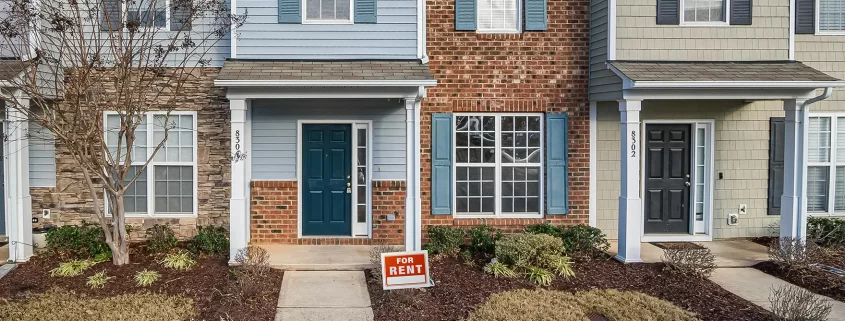Can landlords garnish wages in Pennsylvania?
Pennsylvania allows landlords to garnish wages from their tenants in certain circumstances. There are limitations set by both state and federal law. Wage garnishment can help landlords to collect money from legal judgments as long as they stay within the parameters of the law.
What is wage garnishment?
Wage garnishment is a means by which certain entities, like a landlord, can collect money from an individual, like a tenant. In order to garnish wages, a tenant’s employer must withhold a portion of their wages and give that portion to the landlord.
When can landlords garnish wages?
As a landlord in Pennsylvania, you can obtain a judgment to garnish a percentage of a tenant’s wages to cover things like:
- Unpaid back rent,
- Property damage,
- Utility bills,
- And a breach of the lease agreement.
You must follow the correct legal steps to obtain a judgment before you can garnish your tenant’s wages. Pennsylvania laws and federal laws both place restrictions on the amount of wages you can garnish (see 42 Pa. Cons. Stat. § 8127 and 42 Pa. Cons. Stat. § 8128). Generally, you can only garnish up to 10% of a tenant’s net wages. If your tenant can prove financial hardship or wage garnishment will cause them to fall below the federal poverty line, you will not be permitted to garnish their wages. There are also certain protections afforded to victims of domestic abuse.
The Pennsylvania Wage Garnishment Process
In order to garnish wages as a landlord, you must follow certain steps. If you fail to follow the steps, you open yourself up to legal action.
- File a Lawsuit—If you are unable to resolve things with your tenant, filing a lawsuit against them can help you obtain a judgment and receive the money you are owed. In most cases, landlord/tenant lawsuits are filed in small claims court. Your lawsuit should clearly state the amount you are owed and the reason you are filing a claim (unpaid rent, property damage, etc.).
- Obtain a Judgment—After you’ve filed a lawsuit, you must go to court and obtain a judgment in your favor. You will present evidence and may be required to attend one or more hearings. If the court rules in your favor, you will receive a monetary judgment against your tenant.
- Follow the Procedure for Wage Garnishment—For reference, the Pennsylvania Rules of Civil Procedure outline this task beginning at Rule 3301 and ending at 3313. These are particular rules that provide for garnishment in the case of residential landlord/tenant actions. This process is known as “execution.” You begin the execution process by filing a Praecipe for Notice of Intent to Attach Wages. This would be filed in the Prothonotary of the county where the defendant works or resides or where your leased property sits. The Prothonotary then serves the notice on the ex-tenant. It eventually issues you what’s called a “writ” for garnishment. The tenant then has the right to object to the garnishment if garnishing wages would place him or her beneath the federal poverty level.
- Attend a Court Hearing (if necessary)—If your tenant chooses to contest the garnishment, you will both attend a hearing to present your arguments. The court will then decide on whether or not the garnishment should be approved.
- Garnishment—When you get your writ issued by the Prothonotary after filing the praecipe, you serve it on the tenant’s employer, who then must withhold up to 10% of the ex-tenant’s wages from each paycheck.
- Monitor Payments—It’s important that you keep accurate records of the amounts you receive. Once the debt is fully paid, you will file a Satisfaction of Judgment with the court. This will officially record the debt as paid in full and will put a stop to the wage garnishment.
Call Cornerstone Law Firm for help with your landlord/tenant dispute.
Whether you’re a landlord or a tenant, the attorneys at Cornerstone Law Firm can help you with your legal dispute. Both landlords and tenants are given rights under Pennsylvania law, and an experienced attorney can help you to protect those rights. Call us today to schedule a consultation for your landlord/tenant case.



